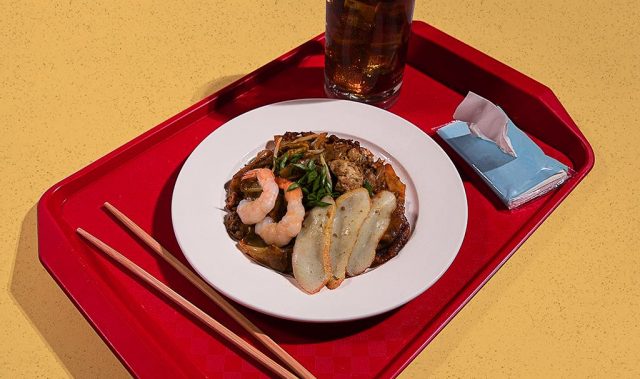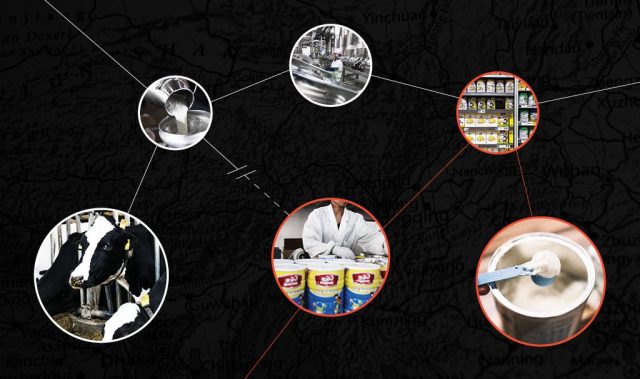
Asian Scientist (Aug. 28, 2013) – Researchers have combined structural features from an anti-nausea drug with a kitchen spice commonly used in South Asian curry dishes to create hybrid molecules that effectively kill blood cancer cells.
Turmeric, an ancient spice grown in India and other tropical regions of Asia, has a long history of use in herbal remedies and has recently been studied as a means to prevent and treat cancer, arthritis and Alzheimer’s disease.
Studies have also shown that curcumin, an active ingredient in turmeric, inhibits the formation of cancer-causing enzymes in rodents.
In their study, published in Organic & Biomolecular Chemistry, the researchers combined the structural features of curcumin with that of thalidomide, an anti-nausea medication that was subsequently used to treat multiple myeloma, a type of blood cancer.
“Although thalidomide disturbs the microenvironment of tumor cells in bone marrow, it disintegrates in the body. Curcumin, also active against cancers, is limited by its poor water solubility. But the combination of thalidomide and curcumin in the hybrid molecules enhances both the cytotoxicity and solubility,” said Shijun Zhang, the leader of the study.
The researchers generated more than 15 hybrid compounds and found that two of them were more effective in killing multiple myeloma cells than either curcumin alone or the combination of curcumin and thalidomide.
They are now working to further optimize these two compounds to develop more potent agents as treatment options for multiple myeloma.
The article can be found at: Liu et al. (2013) Design And Biological Characterization Of Hybrid Compounds Of Curcumin And Thalidomide For Multiple Myeloma.
——
Source: VCU; Photo: Steven Jackson Photography/Flickr/CC.
Disclaimer: This article does not necessarily reflect the views of AsianScientist or its staff.












